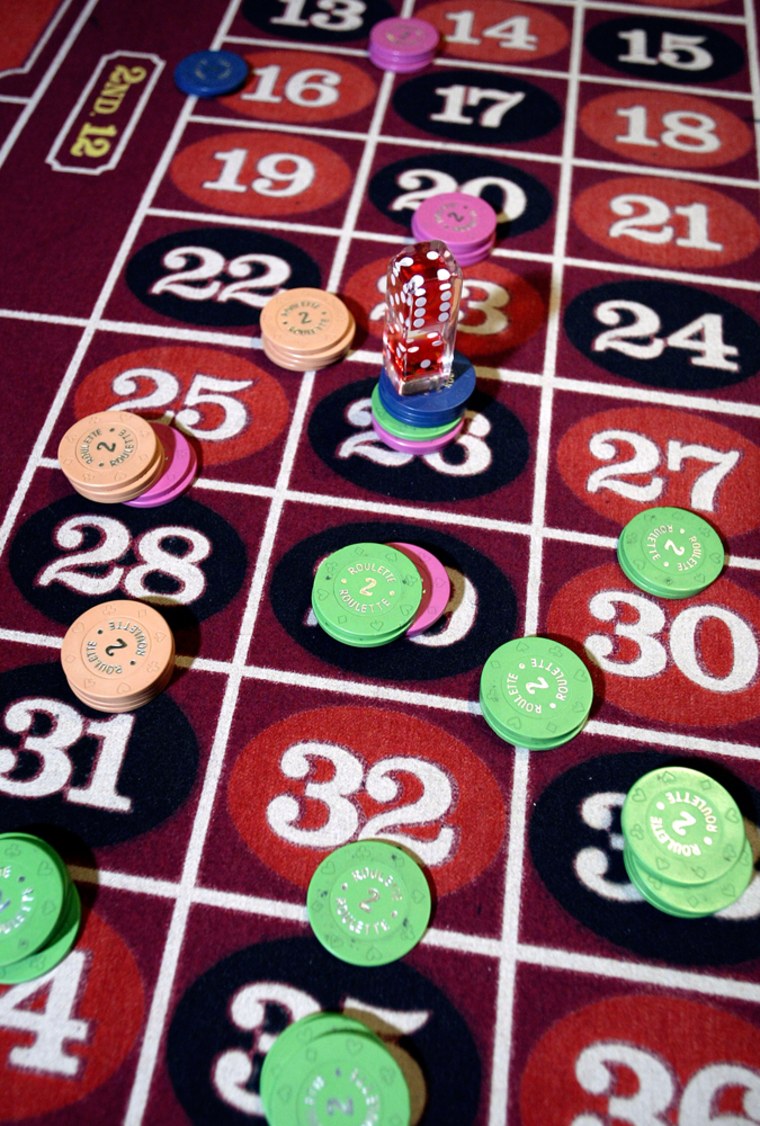On a recent trip to Las Vegas, a friend — let’s call her “Jill” — wanted to try her hand at shooting craps. She knew nothing about the game, so another casino-savvy friend — “Frank” — offered to help her out. Frank explained how Jill would roll the dice once to determine the “point,” or the number she had to roll on following throws, before she rolled a 7. That is craps at its most basic, and if you understand that, you can play, and win.
But Frank, in his excitement, started telling Jill about all the possible side bets, and how the other players would be betting for or against her. Already nervous, Jill’s eyes began to glaze over as she tried to remember everything Frank was telling her. When it came her turn to shoot, Jill was so distracted that she hurled the dice into the stack of chips in front of the boxman (essentially, the casino banker at the table). Chips flew, and the game had to be stopped till everything could be reset properly. The other gamblers grumbled at the interruption.
For her next throw, Jill was now so rattled — and so determined not to hit the boxman’s chips again — that she overthrew the table entirely, striking another gambler in the chest with the dice. Several of the gamblers cursed her roundly for her bad throw, and the red-faced Jill was only too happy when she rolled a 7 a couple throws later and could retreat in embarrassment.
Even if you’re not afraid of losing money, joining your first table game can be an intimidating experience. Deceptively simple games can have dozens of unwritten rules of order and form. Otherwise friendly gamblers can be very touchy about breaks in the flow of play, and many are only too happy to blame a novice for their own bad luck. And it’s hard to feel like a big shot when the dealer keeps scolding you for making mistakes.
Fortunately, there are several easy ways to get past any apprehensions you may have. If you follow these tips, you can enjoy your first table game without sweating the etiquette.
1. Learn the rules. You don’t have to know everything about every game; for most, the basic rules will be enough to get you started. Many casino-hotels offer free brochures or videos on the in-room television channels that explain their games. Understanding the rules will give you a good base to learn, and it will also improve your confidence when playing. There are thousands of books, Web sites, and other resources about casino game rules, but one simple yet comprehensive site is learnhowtoplay.com. (http://www.learnhowtoplay.com/)
{
"type": "Slideshow",
"element": null,
"html": null,
"ecommerceEnabled": false
}2. Take lessons. Quite a few casino-hotels offer free lessons on how to play their table games. These are usually held in the morning or late afternoon, and may require signing up in advance; ask at the front desk. They can be an easy way to get a feel for how the games work in practice. Plus, since there’s no money involved and everyone’s a beginner, there’s no pressure.
3. Watch the game. Different casinos have different rules for the same game, such as how much or when you can bet. But the etiquette of play also varies by casino. Some places won’t let you touch the cards in blackjack; some will. Most places don’t want you touching chips you’ve bet once cards are dealt. If you find a game and a table you like, watch the play for a few hands, rounds, or whatever. Pay attention to interactions between players and dealers and attendants, and you’ll get a quick tutorial in how play works at your casino. Of course, be sensitive when observing: Don’t crowd the players, don’t take up a playing spot at a table, and don’t behave in an intrusive or suspicious way (like trying to peer at a poker player’s cards during a hand).
4. Play with beginner friends. This is the absolute best way to take the edge off any nervousness you may be feeling. If you’re gambling with other novices, you can all enjoy the experience without anyone feeling intimidated. If possible, find a completely empty table so you can all sit together. Experienced gamblers who wander up but dislike playing with beginners will either take their leave quickly or won’t join the table at all — leaving you free to socialize and have fun while learning the game.
5. Start small. When playing a game for the first time, it’s almost inevitable that you will lose for awhile. So find the lowest-minimum-bet table you can, and bet conservatively. This way, your “education” will be as inexpensive as possible.
6. Accentuate the positive. If you encounter another gambler who gets abusive or angry because of your novice play, go elsewhere. There’s no need to spoil your vacation with confrontation, and there are always other tables (and friendlier players). Dealers and game attendants are under strict orders to treat all guests with respect and courtesy, no matter how inexperienced. If you get attitude from such a person, again, leave the game — and feel free to complain to a manager. That said, rudeness from dealers or attendants is rare. All are quite used to answering questions about the game, and many will offer occasional advice. If your dealer is pleasant and helpful, tip with a chip or two. It’s the friendly thing to do.
Chris Mohney is a contributor to "."
